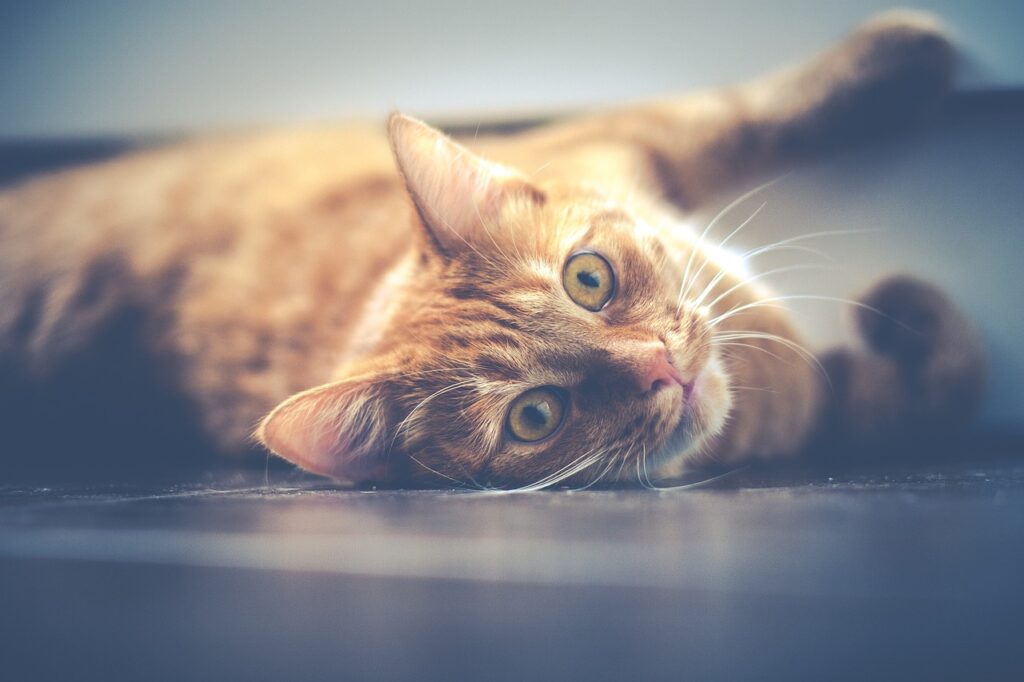Can Cats Eat Bacon? – Yes, But With Caution
Cats can have bacon, yes, but it should be only a small treat and not a regular part of their diet. When we think about a cat’s nutritional needs, bacon doesn’t quite fit. It’s a high-fat, high-salt food that can lead to obesity and other health issues if eaten in large amounts. A little piece now and then won’t harm most cats, but keep it rare.
Can Kittens Eat Bacon?
No, it’s not recommended for kittens to eat bacon. Kittens need a balanced diet that’s rich in nutrients to help them grow, and bacon doesn’t offer that. The high levels of salt and fat can be especially harmful to the more sensitive digestive systems of young kittens.
Things to consider when feeding bacon to kittens?
When it comes to kittens, their diet should be carefully managed to avoid any digestive upsets or nutritional imbalances. Bacon can be too rich and fatty for their delicate systems. If a kitten does accidentally consume bacon, monitor them for any signs of discomfort or illness.
Nutritional Benefits of Bacon for Cats – Why Cats Can Have Bacon
Protein Content
Bacon does have protein, which cats need. But, the quality of protein in bacon might not be the best for cats since it’s accompanied by high levels of fat and salt.
Taste Enjoyment
Cats may enjoy the taste of bacon as a little treat. This sensory pleasure is a small benefit, though not nutritionally significant.
Occasional Treat
An occasional small piece of bacon can be used as a special reward or to hide medication. However, it should not be a staple in their diet.
Potential Allergies: Can Cats Be Allergic to Bacon?
Allergies to bacon in cats are uncommon but possible, often due to preservatives and additives rather than the meat itself.
Symptoms of Bacon Allergies in Cats
- Gastrointestinal Distress: Watch for signs like vomiting or diarrhea, which can indicate an adverse reaction.
- Skin Irritation: Look out for excessive scratching or signs of discomfort in your cat’s fur or skin.
- Respiratory Issues: In rare cases, an allergic reaction can cause breathing difficulties. Monitor any unusual coughing or wheezing.
What to Do If Your Cat Shows Symptoms?
- Consult Your Vet: If you notice any allergic reactions, it is crucial to talk with your vet for proper care and advice.
- Elimination Diet: Your vet may suggest an elimination diet to find the cause of the allergy.
- Immediate Attention: For any severe reactions, seek immediate veterinary care to ensure your cat’s safety.
Recommended Amount: How Much Bacon Can a Cat Consume?
The recommended amount of bacon for a cat is very little. Think tiny bites and only occasionally as a special treat. Due to its high fat and salt content, it’s best to avoid making bacon a regular indulgence.
Things to Consider When Feeding Bacon to Cats
Consider the high sodium and fat content of bacon that can contribute to serious health issues like obesity and heart disease. Always feed bacon sparingly and watch out for any changes in your cat’s health or behavior.
How to Feed Bacon to Cats: A Quick Guide
If you’re considering giving your cat bacon as a treat, be sure to do so sparingly and as part of a well-rounded diet.
Crispy Bacon Bits
A tiny bit of well-cooked, crispy bacon can be crumbled and sprinkled over your cat’s regular food to entice a picky eater. Ensure it’s cool and free of greasy residue.
Bacon-Flavored Treats
Consider commercially available treats that are bacon-flavored but made specifically for cats. These often have the flavor but with less fat and salt.
Medication Disguise
A tiny piece of bacon can be used to wrap around medication if your cat is resistant to pill-taking. Consult with your vet for the best approach, though.
Conclusion
While bacon isn’t toxic to cats, it’s not a healthy snack for them and should be given only as an occasional treat. Always monitor your cat for any strange reactions after eating bacon and consult with a vet before making it part of their diet. Remember that moderation is key, and there are many healthier treat options available for our feline friends.



